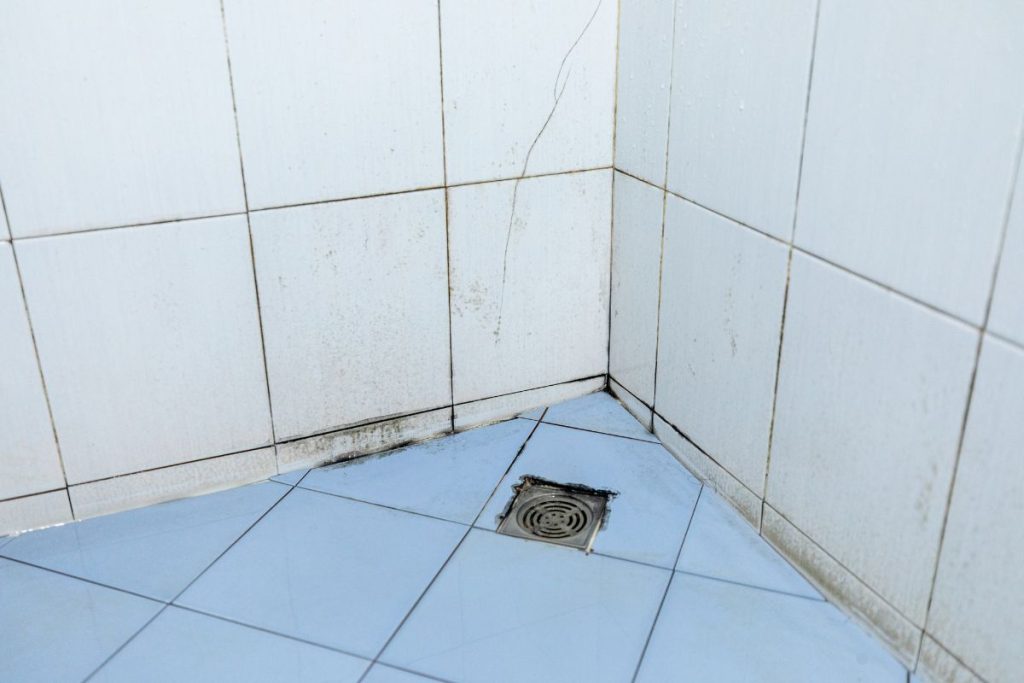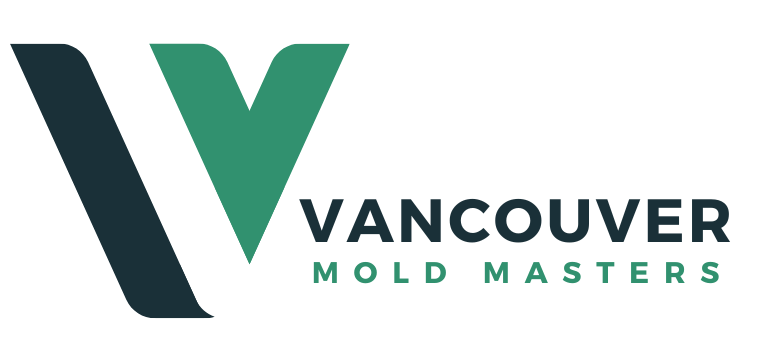
Dealing with mold in your home can be stressful, and one of the first questions that comes to mind is: “Who’s going to pay for this?” The answer depends on a variety of factors, including the source of the mold, your living situation (homeowner or renter), and your insurance coverage. In general, homeowners are typically responsible for mold remediation costs unless it stems from a landlord’s negligence or a covered event under their insurance policy. This guide provides a comprehensive overview of who pays for mold remediation in Vancouver, WA, empowering you to navigate this challenging situation.
Understanding Mold Remediation and Why It Matters
Mold remediation is the process of safely removing mold growth from a home or building and addressing the underlying moisture problem that caused it. Mold isn’t just unsightly; it can pose serious health risks, especially for individuals with allergies, asthma, or weakened immune systems. Furthermore, unchecked mold growth can damage your property’s structure and significantly decrease its value. In Vancouver, WA, with its damp climate, understanding mold remediation is crucial for every homeowner and renter. If you’re dealing with mold or need expert help, call us today to schedule a consultation and protect your home!
When is the Homeowner Responsible for Mold Remediation?
As a homeowner, you’re generally responsible for maintaining your property and preventing issues like mold. This means that if mold growth results from your negligence, lack of maintenance, or pre-existing conditions you were aware of, you’ll likely foot the bill for remediation.
- Negligence and Lack of Maintenance: If you ignore leaks, fail to repair water damage promptly, or neglect basic home maintenance tasks that lead to mold growth, you are responsible. For example, if a leaky roof causes mold to grow in your attic and you didn’t address the roof leak in a timely manner, you’ll likely have to pay for the remediation.
- Pre-Existing Conditions: If you were aware of a mold issue or water damage before purchasing the property and didn’t address it, you’re responsible for remediation.
- Cosmetic Mold Growth: Minor surface mold in areas like bathrooms, caused by condensation and easily cleaned, is generally considered the homeowner’s responsibility.
When is the Landlord Responsible for Mold Remediation? (for Renters)
If you’re renting a property in Vancouver, WA, your landlord has a responsibility to provide a safe and habitable living environment. This includes addressing conditions that can lead to mold growth. Landlords are typically responsible for mold remediation in the following situations:
- Habitability Laws and Mold: Landlords must adhere to habitability laws, which require them to maintain a property free from hazards that can affect tenants’ health and safety. Severe mold infestations can violate these laws, making the landlord responsible.
- Failure to Maintain Property: If mold growth results from a lack of proper maintenance, such as failing to repair leaks or address water damage, the landlord is responsible.
- Undisclosed Mold Issues: If a landlord knew about a mold issue before you moved in and failed to disclose it, they are typically liable for remediation costs.

Will Homeowners Insurance Cover Mold Remediation Costs?
Whether your homeowners insurance covers mold remediation depends on the cause of the mold. Policies typically cover mold remediation only if the mold growth results from a covered peril.
- Covered Perils and Mold: If mold growth is a direct result of a covered peril, such as a sudden pipe burst, your insurance may cover the remediation costs. In this case, the water damage is the primary event, and the mold is a secondary consequence.
- Exclusions and Limitations: Most homeowners insurance policies have exclusions and limitations regarding mold coverage. For example, mold damage resulting from flooding, lack of maintenance, or gradual leaks is typically not covered.
- Filing a Claim for Mold Remediation: If you believe your mold damage is covered, file a claim with your insurance company as soon as possible. Be prepared to provide documentation, such as photos, inspection reports, and repair estimates.
Mold Remediation During a Home Sale
Mold can significantly impact real estate transactions in Vancouver, WA. Both sellers and buyers need to be aware of their rights and responsibilities.
- Seller Disclosure Requirements: In Washington State, sellers are generally required to disclose any known material defects in the property, including mold issues. Failure to disclose known mold problems can lead to legal repercussions.
- Buyer Inspections and Contingencies: Buyers have the right to conduct inspections, including mold inspections, before finalizing the purchase of a home. It’s wise to include a contingency clause in the purchase agreement that allows you to back out of the deal or negotiate repairs if significant mold is discovered.
- Negotiating Remediation Costs: If mold is found during an inspection, buyers and sellers can negotiate who will pay for the remediation. This may involve reducing the purchase price, the seller paying for the remediation before closing, or an agreement to split the costs.

Cost of Mold Remediation in Vancouver, WA
The cost of mold remediation in Vancouver, WA, varies depending on several factors:
- Size of the Affected Area: The larger the area affected by mold, the higher the remediation costs.
- Type of Mold: Some types of mold are more difficult and costly to remove than others.
- Extent of Damage: The extent of the damage to building materials (e.g., drywall, wood) will impact the remediation costs.
- Remediation Methods Used: Different remediation methods have different costs.
- Location and Accessibility: Hard-to-reach areas or areas requiring special equipment can increase the cost.
Generally, you can expect to pay anywhere from a few hundred dollars for small, localized mold removal to several thousand dollars for more extensive remediation projects. For a detailed estimate and prompt service, call us today! Getting multiple estimates from reputable mold remediation companies is crucial.
Finding Reputable Mold Remediation Services
Choosing the right mold remediation company is critical to ensuring the problem is addressed safely and effectively. Here’s how to find a reputable service in Vancouver, WA:
- Importance of Licensing and Certification: Look for companies that are licensed and certified in mold remediation. Certifications from organizations like the IICRC (Institute of Inspection, Cleaning and Restoration Certification) demonstrate that the company has the necessary training and expertise.
- Checking Reviews and References: Read online reviews and ask for references from past clients. This will give you insights into the company’s quality of work and customer service.
- Getting Multiple Estimates: Obtain estimates from at least three different companies. Compare their prices, services, and proposed remediation methods before making a decision.
Tips for Preventing Mold Growth in Your Home
Preventing mold growth is always better than dealing with a remediation project. Here are some proactive steps you can take:
- Controlling Moisture: Address leaks promptly, fix plumbing issues, and ensure proper drainage around your home’s foundation.
- Improving Ventilation: Use exhaust fans in bathrooms and kitchens to remove moisture. Ensure adequate ventilation in attics and crawl spaces.
- Regular Inspections: Regularly inspect your home for signs of water damage or mold growth, especially in damp areas.
- Promptly Addressing Water Damage: If you experience water damage, dry the affected area thoroughly within 24-48 hours to prevent mold growth.
Protecting Your Home and Health from Mold
Mold remediation is a crucial aspect of maintaining a healthy and safe home environment in Vancouver, WA. Understanding your responsibilities as a homeowner or renter, knowing when insurance coverage may apply, and taking proactive steps to prevent mold growth are essential. By being informed and acting promptly, you can protect your property and your family’s health.
Frequently Asked Questions About Mold Remediation
How do I know if I have mold?
Look for visible mold growth, musty odors, or signs of water damage.
Is all mold dangerous?
Some types of mold are more harmful than others. If you suspect you have mold, it’s best to have it tested to identify the species.
Can I remove the mold myself?
Small, localized mold growth can sometimes be removed with DIY methods. However, for larger infestations or potentially hazardous mold types, professional remediation is recommended.
How long does mold remediation take?
The timeline varies depending on the extent of the problem. Simple remediation may take a few hours, while more complex projects can take several days.
What are the long-term effects of mold exposure?
Long-term mold exposure can lead to respiratory problems, allergic reactions, and other health issues.
By understanding the risks associated with mold and how to address it, you can protect your health and your property. If you suspect you have a mold problem, don’t hesitate to contact a qualified mold remediation company for an inspection and assessment. Protect your health and property from mold damage. Contact us today for a professional inspection and safe remediation solutions.
